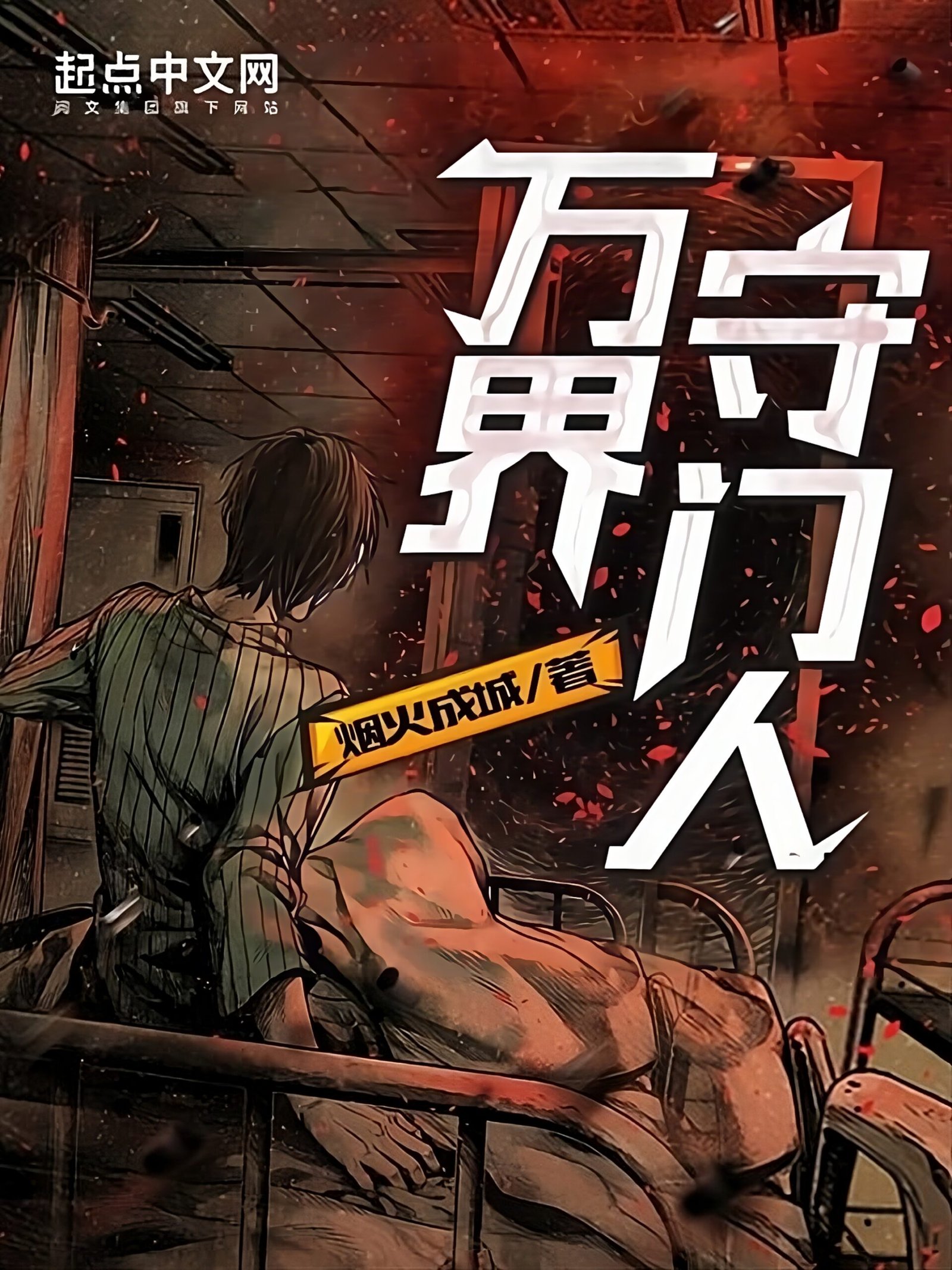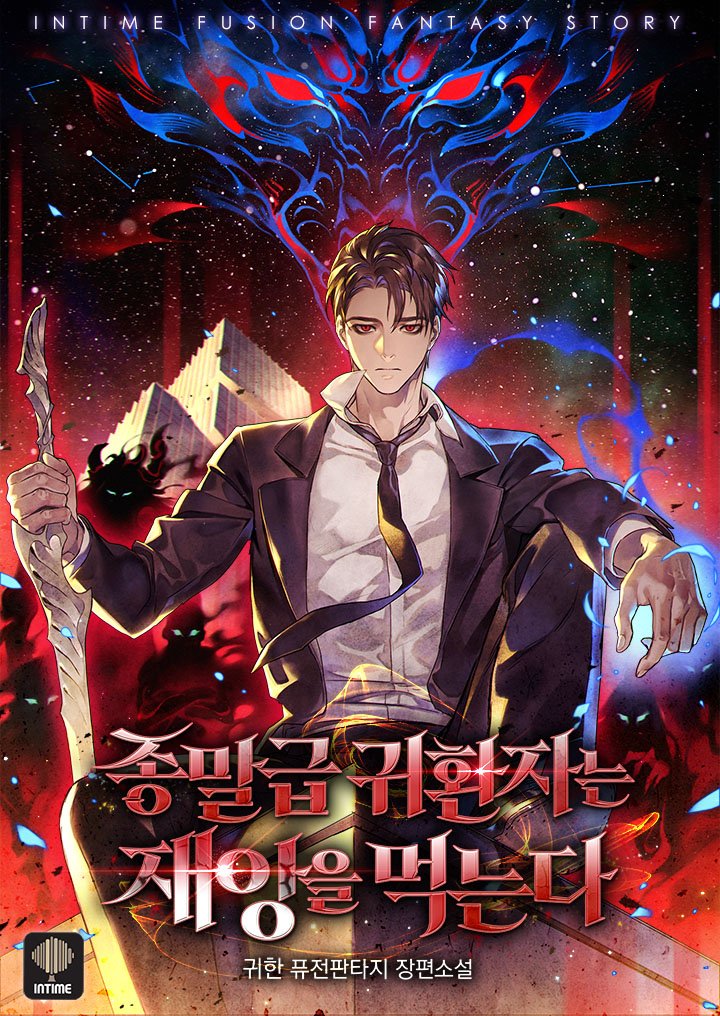It had been several months since the entirety of southern Serbia had fallen into Ottoman hands.
Rather than immediately pressing north after crushing all resistance, Murad focused on stabilizing the newly conquered territories from the recent offensive.
Though a treaty had been signed with Venice, it was obvious that it could be torn to shreds depending on how circumstances changed.
With that in mind, it wasn’t a wrong decision to reinforce the defenses in the coastal regions of Montenegro and Albania along the Adriatic Sea.
What could be more important than a secure rear?
The young Sultan recalled how he had been forced to retreat in the last war when the rear had been threatened, and so he made this decision.
By securing the coastline against surprise land and water assaults, he aimed to minimize any unforeseen variables.
Fortunately, the Sultan had capable subordinates who could carry out such vital duties.
Among them, the one who had drawn his attention was Skanderbeg — a man who had achieved remarkable results against the rebellious Albanians.
Though the appointment had come after the Sultan’s thorough deliberation, it was clear Skanderbeg had exceptional talent in stabilizing the rear.
He could also be expected to bring the newly incorporated region of Montenegro under control.
Of course, the Sultan had no intention of leaving everything solely in Skanderbeg’s hands.
Using the silver mines of Kosovo as a financial base, the Sultan funded this expedition. And with this, the Ottomans achieved what they had originally set out to do.
“These are the cannons and gunpowder sent from Ragusa, my Sultan.”
“What of the trade treaty?”
“They offered far more favourable terms compared to Genoa or Venice. All they asked was for permission to establish trading posts in Edirne and Bursa. Additionally, they requested that we guarantee their independence.”
“Excellent.”
Hearing the report from his trusted friend and loyal retainer, Ishak Pasha, the Sultan smiled in satisfaction.
Though he had adopted cannons as a main weapon after realizing their usefulness, the Ottomans had not been able to produce them in sufficient quantity due to their poor infrastructure.
Now, however, they had successfully made contact with Ragusa, a city capable of producing such weaponry. Naturally, the Sultan was relieved to have lightened this burden.
But Ishak Pasha’s face remained clouded. He opened his mouth to speak several times, only to close it again in hesitation.
Even the Sultan, who had been smiling contentedly at the resolved artillery issue, noticed this unease.
Yet he said nothing to urge him on — he simply waited.
That patience touched something deep within Ishak. What finally ended Ishak’s silence was not a word, but the Sultan’s silence itself.
“My Sultan… do you not intend to ask about Prince Ahmed?”
“……”
Again, silence.
But this time, it didn’t soothe Ishak — it stoked his frustration. And it was inevitable. Silence could not serve as an answer twice in a row.
“What are you doing, truly? You know well that the more Your Majesty acts this way, the more dangerous Prince Ahmed’s position becomes. You’ve always judged matters clearly — how can you be so vague on this?”
“…Vague.”
Of all the words Ishak poured out, it was “vague” that caught the Sultan’s attention.
The moment he, who had been quietly listening, broke the silence.
His eyes, calm until now, began to move again with purpose. Staring down at Ishak, the Sultan finally spoke.
“You are right, Ishak.”
“About what, my Lord?”
“You said my attitude toward Ahmed is vague. That’s exactly right. I thought I had made up my mind on how to treat him… but I hadn’t.”
The Sultan’s face contorted slightly. And in that moment, a sliver of emotion spilled out — the true feelings of Murad toward his old friend.
He had resolved to remain unwavering as a ruler, but he had not been perfect. After a quiet sigh of self-reproach, Murad laid out the conflict he carried.
“My voice tells me to act decisively, but my eyes… they don’t watch him like a sovereign. They simply follow him.”
“……”
“This heart is certain when it sees Ahmed — he is my blood. And that is exactly why I don’t know what to do. Ishak… to me, blood relations have more often been enemies I had to destroy.”
“…My Sultan.”
Murad was the one who had slain his own father for the good of the Ottoman state.
Upon ascending the throne, he had purged his own relatives to solidify his power.
He had slain the elder Mustafa, who appeared leading a foreign army, and had even raised an army to kill his own younger brother. Blood.
Was there a more tangled word for Murad?
Even Ishak, who had tried to answer hastily, could only fall silent after one line.
Murad then returned to the role of Sultan, reminding Ishak of the personal favour he had once asked — and seated himself firmly on the throne.
“That’s why I asked you to be a father to Ahmed in my place. I ask again, Ishak. Please remain as Ahmed’s father… so that I may continue to remain Sultan of the Ottomans.”
“…If it is Your Majesty’s will.”
“And thus, I shall give you a warning, in Ahmed’s place.”
At that moment, the friend named Murad was gone.
So too was the anguished father who didn’t know how to handle his own blood. What remained now was a ruler, forged and tempered solely for the rise of the Ottoman Empire.
The Sultan, with a far colder air than before, looked down on Ishak and pronounced a grave decree.
“If Ahmed refuses to join the campaign, then I will allow him to remain in Ragusa and gain experience. But he must not challenge the Sultan’s authority. Do not let him challenge my authority. If he shows no loyalty simply because he is my child, then I will treat him as I would any other subject.”
“I shall obey Your Majesty’s will.”
“You, too, must have much to think about. For now, assist Skanderbeg with transporting the artillery from Ragusa. Once your thoughts are in order, come find me. There will be no shortage of tasks I can entrust to you.”
“Thank you for your concern. That’s all I can say.”
Though the exchange ended ideally, Isḥak’s mind was already haunted by the words just spoken.
Before such a cold, hard-edged declaration, there was nothing more Isḥak could do. Perhaps the only thing gained from this encounter was stepping back after understanding the depth of the sultan’s resolve.
And for Murad, who had laid bare his thoughts to quell his old friend’s discontent, the result was no different. He gained nothing.
Still, it was a matter bound to surface eventually.
As Isḥak Pasha silently lowered his head and took his leave, Murad fixed his eyes on the man’s retreating back, then slowly pressed his throbbing forehead with his right hand.
“Ahmed’s standing depends on how much merit he earns. But even so, the stakes of this war are too great for me to hand over command just to give him a chance. It might be better to send him to Ragusa as a diplomatic envoy.”
At the same time, Murad was contemplating another reason he had chosen to stabilize the rear instead of pressing north with reckless force.
The reason the Ottomans were now moving sluggishly compared to their early fierce campaigns stemmed from the sultan’s growing concerns.
“Even if we put the matter of Ahmed to rest for now, Bosnia’s foolish intervention clearly signals something. And it’s certainly suspicious how quiet the Christians have been after all the Crusades they’ve raised to stop the Ottomans.”
Among the many factions, the ones Murad remained most wary of were the Hungarians—and rightfully so. Hungary had always been the spearhead of previous crusades.
Whether directly or indirectly, they were fated to clash with the Ottomans, making them all the more desperate.
As for the faded Thousand-Year Empire—Byzantine —it would have perished long ago had it not been for Dragases. Now that Dragases served under the Ottomans, Hungary alone remained a true threat. Of course, Murad had tried to counter that by using Wallachia as a buffer…
“But it’s clear now. The Christians have turned their attention this way, not to Wallachia. And if they’re still not moving, there can only be two reasons. Either they lack the strength…”
At that moment, a soldier, observing proper protocol, entered the tent where the sultan resided. Though visibly tense from the pressure of an imperial audience, the soldier didn’t forget his duty.
The matter was urgent—failure was not an option. Kneeling at once, he retrieved a letter from his breast and respectfully presented it.
“Sultan, this is a letter from Chancellor Çandarlı Halil Pasha!”
“…Very well. Leave it there and withdraw.”
“Yes, my Sultan!”
Even before the echo of the command faded, the soldier turned and retreated with nervous steps, leaving nothing behind but the letter on the table. Murad rose from his throne and approached the table, then let out a faint, hollow laugh.
“To avoid an assassination attempt… I suppose some discomfort is to be expected.”
But the laugh didn’t last.
The more he read the letter from Halil Pasha, the more the expression faded from Murad’s face.
What remained—if anything—was determination. Within this letter lay the reason the Ottomans had stalled in southern Serbia. Now, with the answer in hand, there was only one proper response.
“If the Christians are staying still, it must be for one of two reasons—either they haven’t recovered from past losses and lack the strength to stop us, or they’re preparing.”
Even before the letter, Murad had privately leaned toward the latter. And now, Halil’s message was enough to replace suspicion with certainty.
“A council… What a coincidental time for it.”
The letter crumpled.
Within Murad’s powerful hand, the parchment twisted and folded until it began to tear. Just before it was shredded completely, he laid it back on the table.
The decision was his now.
Would he retreat? Or would he force open the road?
There was no hesitation.
The Ottoman’s great leap had not ended.
“Is there a messenger waiting outside?”
“At your command!”
His voice was calm, composed. Even so, the soldier outside caught every word.
Murad addressed both him and the empire he ruled:
“Prepare to march. We head north.”
“…A-as you command, my Sultan!”
The sound of hurried footsteps.
Not long after, the entire camp sprang into motion. Armor clanked, boots pounded the earth, and voices rang in all directions. Among them was the voice of the sultan himself:
“I swore that day—the day we turned back without punishing the beys…”
We will retreat no longer.
We will cower no more.
“That my army would never again be shamed. That the Ottomans would never withdraw without a fight.”
And the oath was kept—and would continue to be kept.
It is not the Ottomans who shall retreat.
It is the Christians.
The Ottoman army had changed. Reforged for a new era, it no longer feared its foes so long as it marched beneath the sultan’s banner.
Amid the fiery energy of mobilization surging through the entire camp, only the sultan stood cold and still—eyes cast upon the map before him.



